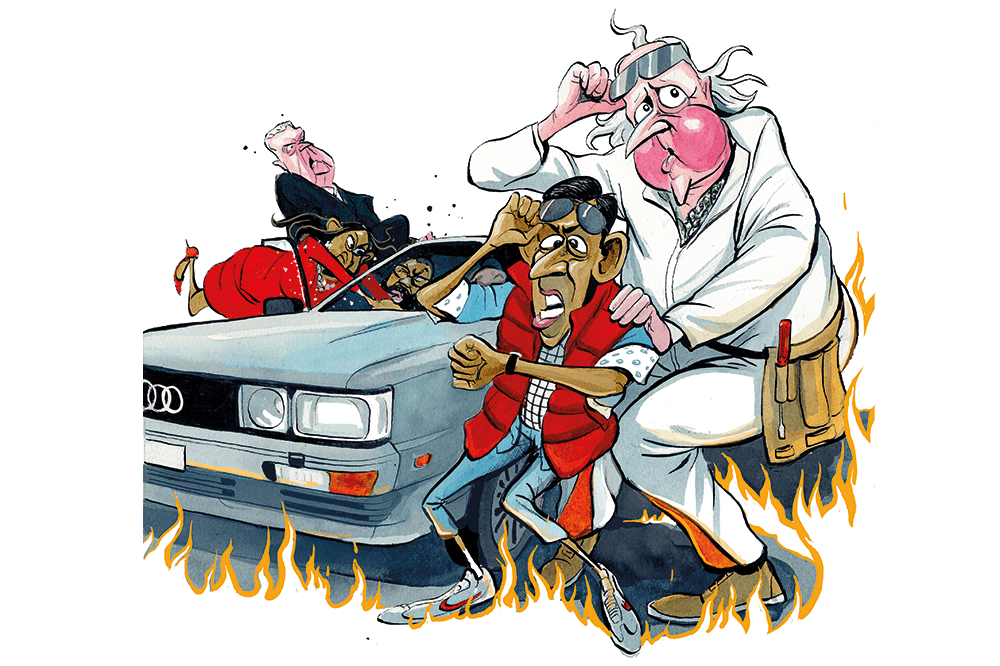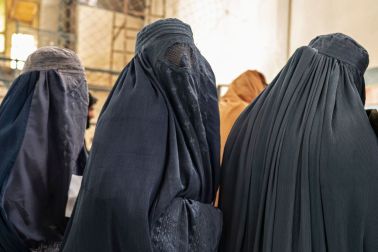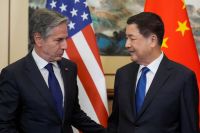On the podcast:
It’s been a busy week in Westminster. On Monday, Rishi Sunak’s first major reshuffle saw Suella Braverman sacked and David Cameron make a surprise return to politics. Then two days later, the Supreme Court’s Rwanda ruling left the government’s pledge to ‘stop the boats’ in tatters. It was meant to be the week in which Rishi Sunak had hoped to stamp his authority on a fracturing party, but it seems to have only added to the narrative of Tory disrepair. Katy Balls writes about Rishi’s last gamble in the magazine this week, and joins the podcast alongside Kate Andrews, The Spectator’s economics editor. (01:01)
Also this week:
Svitlana Morenets writes a candid account of the current state of the war in Ukraine for The Spectator. After visiting the frontline recently, she concludes that Zelensky needs to start being upfront with the population about the harsh realities on the battlefield and abandon his current line of tactical optimism. She is joined by Owen Matthews, The Spectator’s Russia correspondent, to discuss. (15:05)
And finally: what happened to the golden era of television ?
Zoe Strimpel writes in the arts section of the magazine this week that after a boom in quality TV starting in the early 2000s, we are now in the televisual dark ages. She joins the podcast alongside James Delingpole, regular television reviewer for The Spectator. (32:51)
Hosted by William Moore and Lara Prendergast.
Produced by Oscar Edmondson.






Comments
A blooming good offer
Join the conversation with other Spectator readers by getting the next 3 months for £3.
CLAIM OFFER 3 months for £3Already a subscriber? Log in